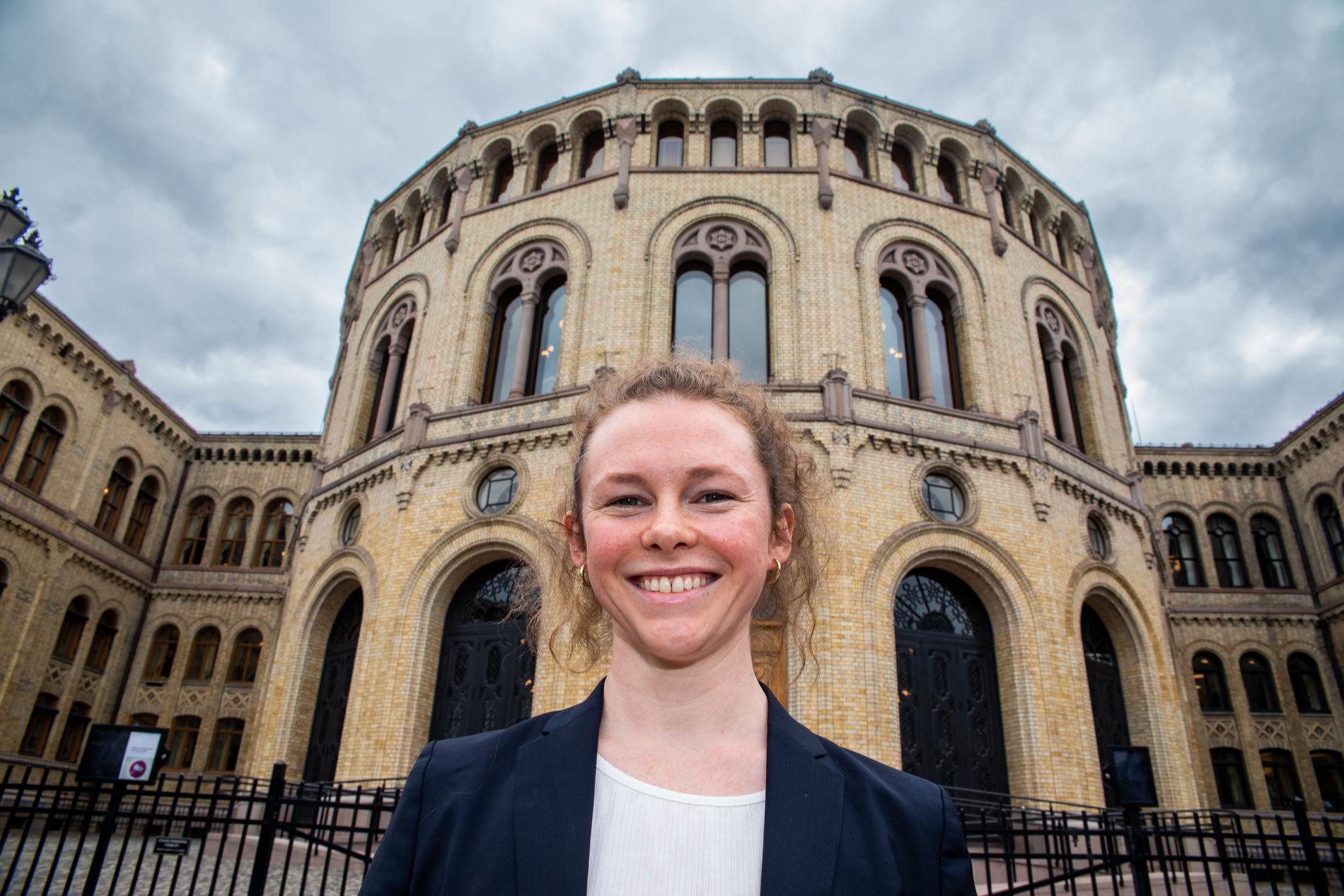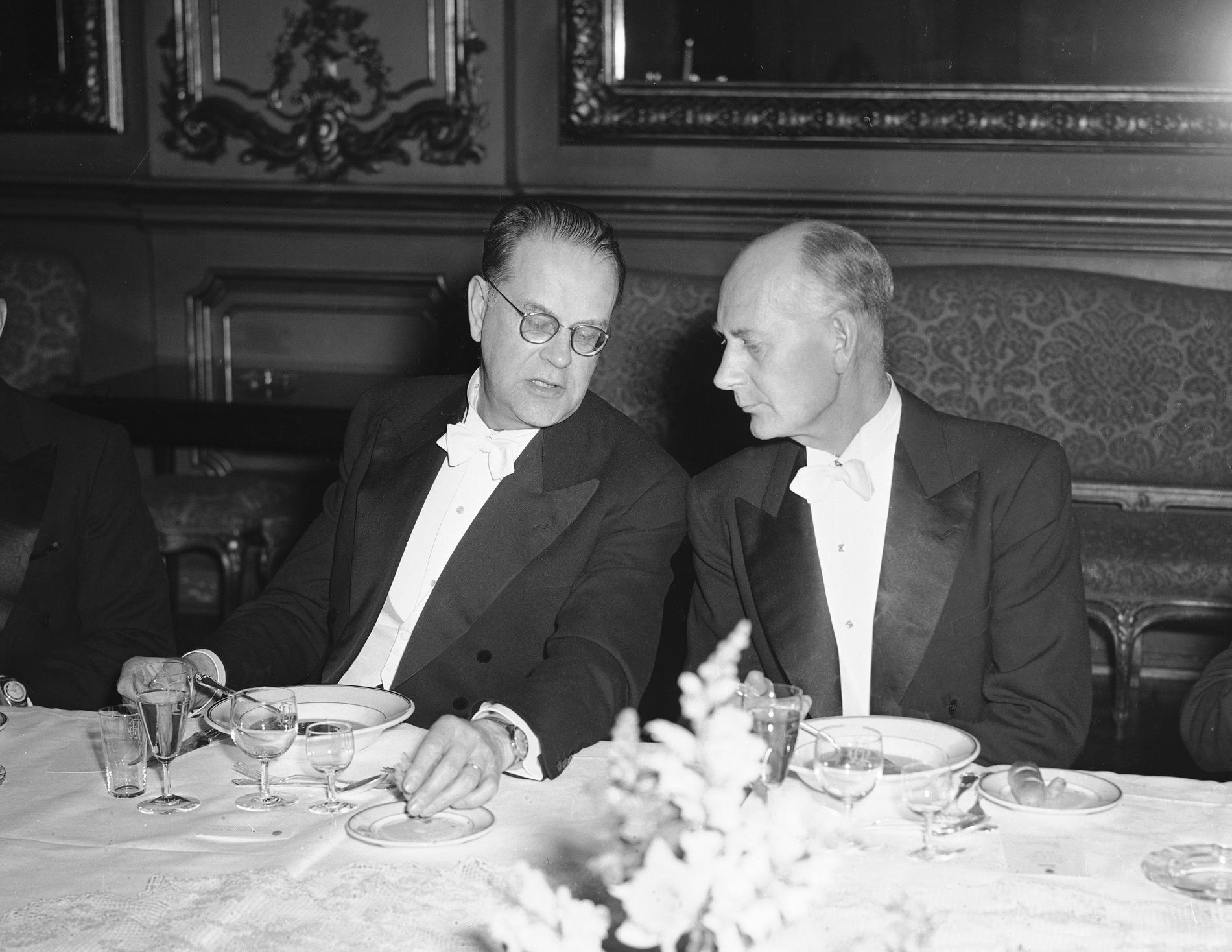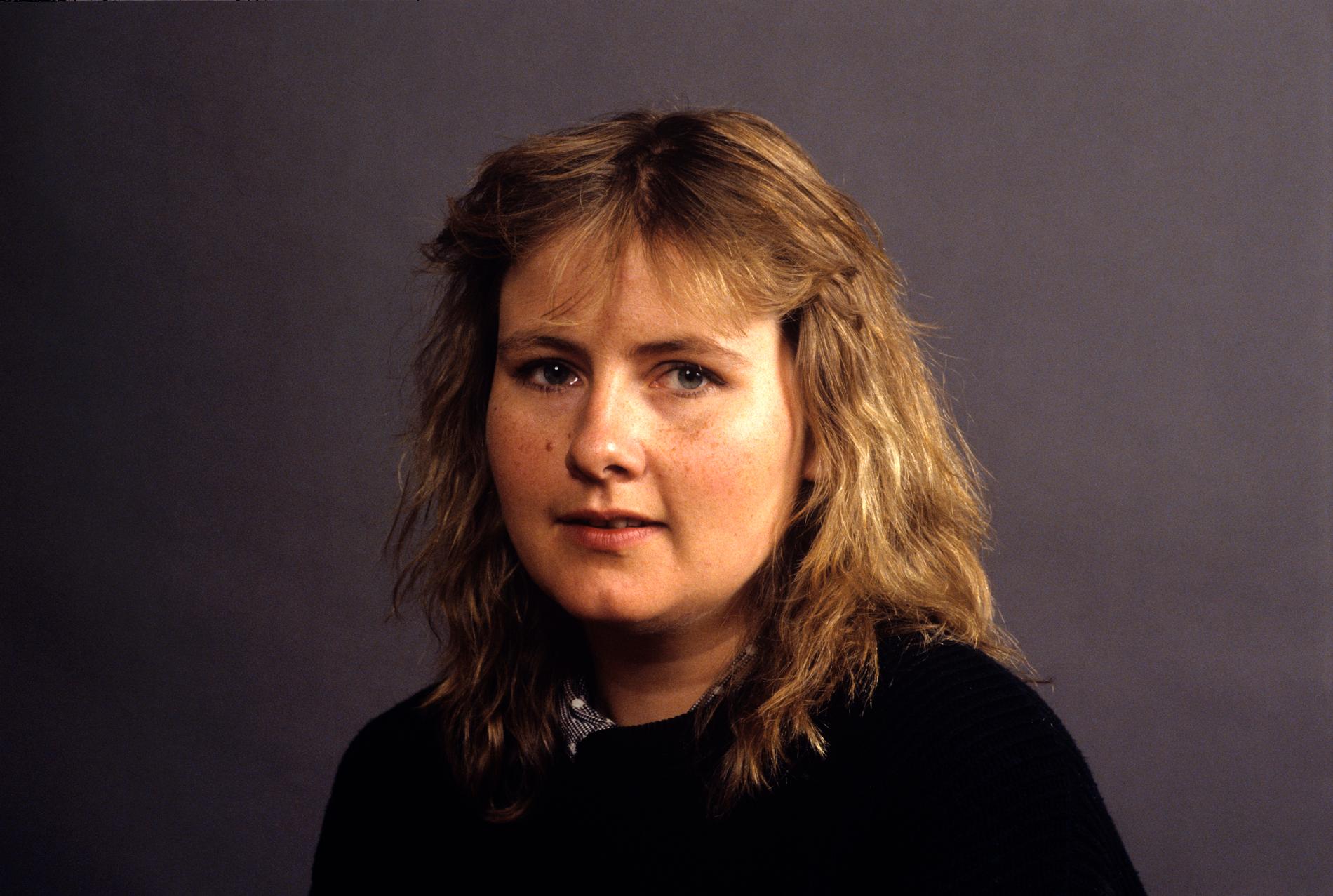
The MDG deputy leader’s high regard for the maximum time for parliamentary representatives is a fun idea that should be discarded as soon as possible.
Less than 20 minutes ago
–
Ingrid Liland’s name is the deputy leader, and yes, You are right. Perhaps the most important benefit of liberal democracy is the circulation of power – something that prevents, at least in theory, one or more people from gaining too much power into their own hands over time.
We see such a unfolding in all its horror right now. His name is Vladimir Putin and has been Russia’s strongman for 22 years.
Russia is neither liberal nor democratic, rather an authoritarian dictatorship, in which almost all power rests with one person. It is bad for the country, for society, for development and for the individual. No one benefits from sitting this long, with less and less resistance from the environment.
Like an emperor with fewer and fewer clothes on his body.
In Norway, in principle, you can hold top political positions for as long as you like, as long as the voters provide them with the necessary support give me five in election.
Einar Gerhardsens, the father of the country, was prime minister for a total of 17 years, while his Swedish counterpart, Tage Erlander, ruled for 23 years.

They were different times. Today it is almost considered a political masterpiece if a prime minister manages to be re-elected for a third term, that is, after eight years in the presidency of the head. Jens Stoltenberg is just over nine and a half years old, split into three periods, and if polls hold up to the next general election in 2025, Erna Solberg could soon return, and enter her ninth year at the top.
Nobody will accuse any of them of holding power. On the contrary, they all passed the baton when the voters gave them the green light – it is tempting to say with dignity. The customary handover ceremonies at the Prime Minister’s office and individual Cabinet offices occasionally have a tinge of meanness, but they are also quite pleasant.
Because there are many irreplaceable men in the cemetery, as Einar Førde, former Labor deputy leader and then director of radio and television, said with his usual ironic cunning.
MDG-Liland’s proposal applies to Storting representatives, and yes, there are some who have had a seat in Løvebakken for both five and six terms without doing too much of themselves externally.
Of course, there are some who cling to stools, not least by playing a cunning power game within their respective groups.
In Norway it is the parties that recruit politicians and not all the trials on who will appear on the electoral lists of the parties are equally beautiful. Some parties now run open processes, in which members are given full power, while others stick to internal party agreements. There are pros and cons to both of these models.

Parties are constantly on the lookout for new talent, and some leaders are more skilled than others at gathering talent and giving them important roles. Both to prevent aging, but also to give people experience. Under Erna Solberg, a new generation of conservative politicians has emerged who possess a vital mix of young courage and the necessary speed.
Jens Stoltenberg was not that good at freeing younger and more potential heirs – and instead pointed to his peer Jonas Gahr Støre when he was called to NATO and left Norwegian politics.
It is demanding to be a high-level politician. A former colleague – one of the country’s most experienced political journalists – says being a party leader is the country’s most challenging job. Especially in the larger parties, of course, but also in the smaller ones. The fact that the talented Une Bastholm stepped down from first place in MDG earlier this summer was simply due to her feeling that time was running out.
The MDG itself has a rule that a leader can only serve for ten years. Now they want this to be generalized to all political Norway.
This is a bad idea.
Not because it is inherently so smart to sit for so long. Someone obviously sits for too long. But don’t skimp on the experience. The only modern day prime minister with no parliamentary experience was Thorbjørn Jagland. It went so well. He has also tried to involve others in experience to fill important cabinet positions. It didn’t go very well.
Erna Solberg had a seat in the Storting for, wait, 33 years, but she is still the most popular politician in the country. Solberg’s experience is worth her weight in a troubled time when things are really at stake, perhaps more than ever on this side of the wall.
In his case, the voters – those who actually decide – are obviously not fed up. It seems strange that formal rules have long since forced her to leave Norwegian politics.

Liland probably knows this too, who is eager to make his mark, as it “raises the debate”, knowing full well that the proposal has almost no basis in reality. One cannot overcome the (slightly growing) distrust of the political system by introducing short-term politicians who have to leave, so to speak, when one begins to understand what is being done.
On the contrary: borrowed politicians will likely lead to more rampant populism and impractical proposals.
But at the same time: many people obviously sit too long. Also, it is not an advantage that more people become so-called “career politicians” with no real-life experience, as it is called.
But before slaughtering “broilers”, which is such a popular exercise among many with strong and often extremely negative views on our political authorities, not least in social media – Einar Gerhardsen, Trygve Bratteli, Kåre Willoch, Gro Harlem Brundtland , Jens Stoltenberg and Erna Solberg were all, in their own way, expert politicians when they took office as prime minister.
And a Western politician who came to power, completely from the outside, without any political experience? Donald Trump.
It is easy to prefer the above.
–

